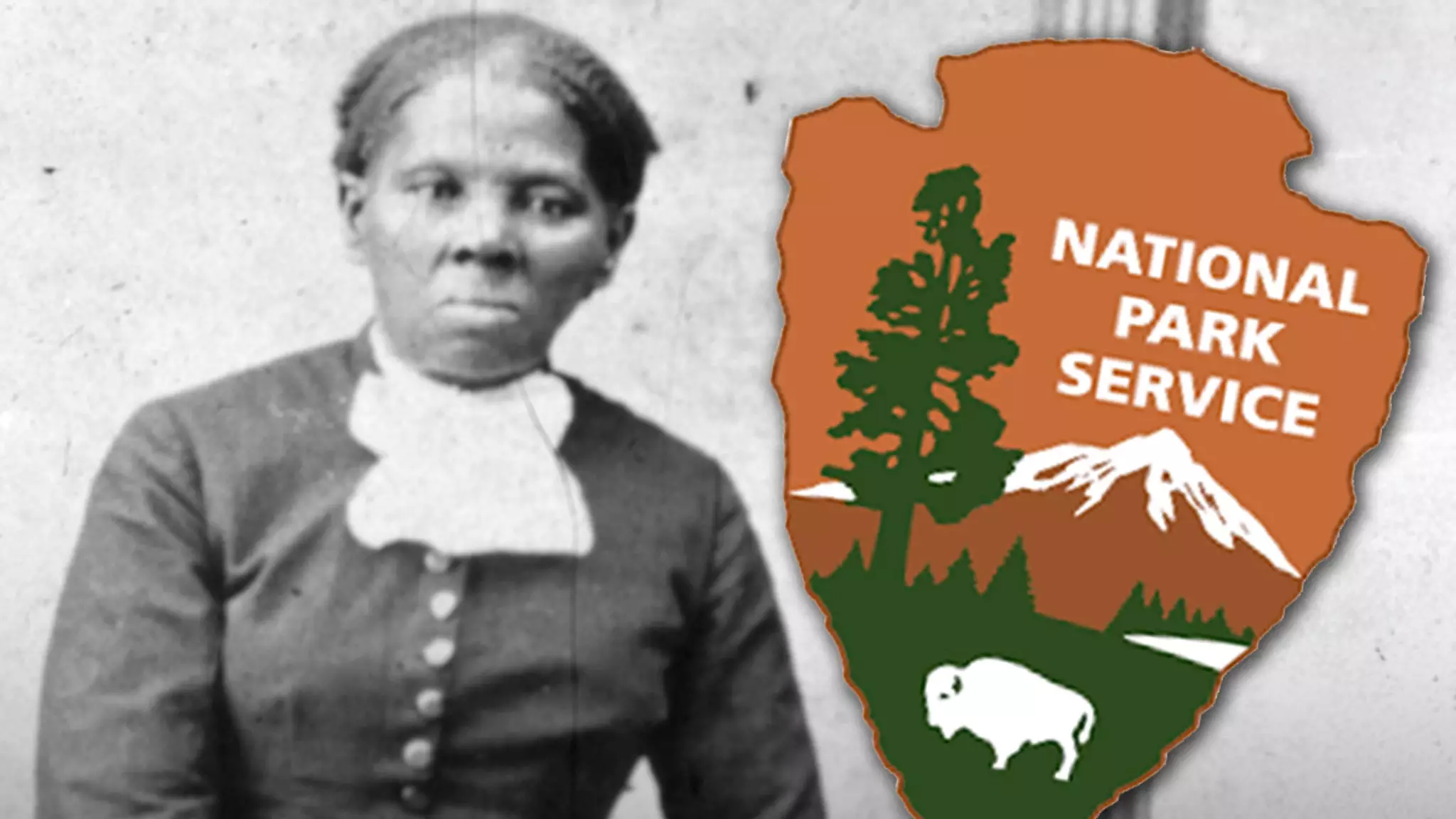Harriet Tubman’s legacy is a cornerstone of American history, yet recent actions by the National Park Service have sparked profound outrage from her family and supporters alike. The removal of Tubman’s photo and quote from the Underground Railroad web page is more than just a bureaucratic edit; it symbolizes an ongoing struggle to acknowledge Black contributions to American history. Rita Daniels, a direct descendant of Tubman and a passionate advocate for her great aunt’s legacy, expressed her shock and dismay following these deletions, pointing out that this is not merely an oversight but a systematic attempt to sanitize history. This begs the question: why would anyone wish to downplay such a pivotal figure in the narrative of freedom and resistance?
Context Matters: A Nation’s Identity at Stake
In a time when educational institutions face increasing pressure to alter curricula under the guise of unity or political correctness, the erasure of Tubman’s image is undoubtedly a cause for concern. The edits coincided with a broader anti-Diversity, Equity, and Inclusion (DEI) stance coming from federal agencies, which further emphasizes the need to scrutinize the motivations behind such decisions. Tubman’s role as a conductor on the Underground Railroad and a Union spy during the Civil War are critical narratives that weave together the fabric of American identity. Removing acknowledgment of her contributions represents not just an affront to her legacy but also an attempt to rewrite America’s history in a way that diminishes the struggles and resilience of Black Americans.
The Importance of Acknowledgment
Rita Daniels poses a crucial question: why is Black history perceived as a threat? This reflects a larger societal issue where the past is often reinterpreted to fit contemporary narratives. The administration’s prior removal of references to icons like Jackie Robinson and the Tuskegee Airmen amplifies a worrisome pattern of historical “whitewashing” that fails to acknowledge the foundational role that individuals of color have played in shaping the nation. Black history is, unequivocally, American history, and attempting to erase it weakens the country’s confronting issues of race and identity.
A Rallying Cry for New Abolitionists
Movements for social justice often rise in response to oppression, and the backlash against the National Park Service’s edits has birthed a new wave of advocates—what Daniels calls “new abolitionists.” They are not just fighting to restore Tubman’s image but are committed to ensuring that Black history is recognized, appreciated, and celebrated in its entirety. This proactive engagement by descendants and allies serves as a reminder that the legacy of resistance is alive and well. Daniels challenges us to recognize the civil rights battles still being fought today, pondering how far-reaching the impacts of historical revisions can be on our collective consciousness.
This ongoing narrative is not merely about restoring photographs or quotes; it reflects a fight for justice, truth, and acknowledgment. As we grapple with these issues, the lessons of Tubman’s unwavering courage and commitment to freedom continue to resonate and inspire, urging society to confront its uncomfortable truths while striving for a more inclusive future.

